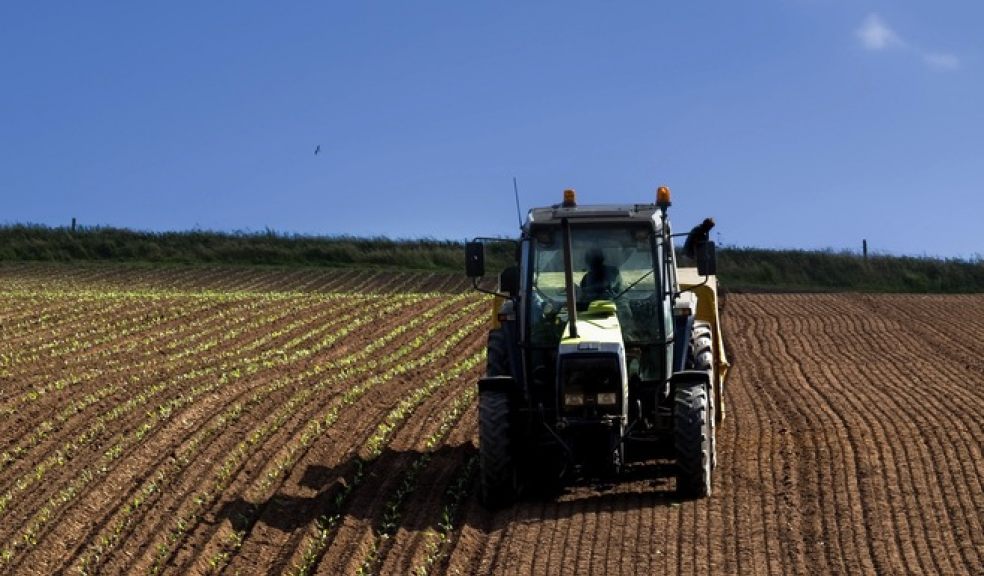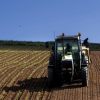
Agriculture Wages Board outdated says the NFU
Abolishing the Agriculture Wages Board (AWB) fits with a modern, forward-thinking farming industry that will deliver for the future said the NFU today as it prepares to respond to a government consultation – part of the process of abolishing the AWB.
The average farm worker earns 41 per cent more than the industry minimum set by the AWB and with few farm workers currently receiving only the AWB minimum wage, the NFU says modern employment legislation has left the board behind.
NFU Deputy President Meurig Raymond said this next step in abolishing the AWB, and the long anticipated consultation, will give industry the opportunity to comment on the abolition plans.
“The board remains an artefact of an era of industrial relations which has now been superseded by changes in wider employment legislation, not least the introduction of a national minimum wage in 1999,” said Mr Raymond.
“Farming is a business yet the agricultural sector is unique in having employment and wage terms covered by separate legislation. Removing this separate structure seems entirely consistent with modern notions of workers’ rights, industrial relations and business management.
“The reality is that few farm workers currently receive only the minimums set by the AWB. Average earnings for full time farm workers were 41 per cent above the industry minimums set by the AWB and few are paid near to the minimums set out in the order. Farmers pay competitive rates to attract and retain skills, just like any other business.
“Change represents a challenge for everyone but the NFU believes simplification must be the order of the day. The NFU already provides support to farmers and farm businesses on all aspects of managing employment relation and will build on this support to the farming community. We have also undertaken to deliver a new set of comparative indicators to help facilitate pay settlements and this will create the opportunity to look at factors like labour markets, cost of living changes and comparative industries on a level that is more relevant for farming businesses and employees.”



















